Sierra, Cheyenne, Sean, & Maleeka
Today was a bit of a quieter day. We started with a morning of a few student seminars about diversity hotspots and agriculture. This sparked discussion about the influence of foreign authorities on industrial agriculture and the high diversity among microclimates in Brazil. As the morning progressed, the sun broke through the clouds. We finally were able to dry our clothes and after a string of rainy days that left the air heavy with moisture, (a characteristic of the Coastal Atlantic Forest).
Today we photographed a horn leafed frog, and tree frogs Scinax rizibilis and Dendropsophus microps, larger and smaller respectively. While on a walk along the nearby river Arjun, Emma, Allen and Amelie were lucky enough to spot a lizard (Portugese: teiu) Salvator meriannae, and snap a photo before it dashed off. We then picked seminars back up with the topics of carbon credit and green emission, as well as biodiversity and climate change. This prompted a discussion of the ‘nowhere to go hypothesis’ in which animals that are already restricted to specific climate regimes localized on mountains, arctic environments or other ‘islands of occurrence’, so to speak, will be in serious trouble as their ranges will be unable to track their climate envelope if it disappears from the Earth altogether.
With the nice weather, some took the opportunity to soak up the sun in hopes to return to Canada with some colour. We spent some time catching up on work and hanging out, enjoying the rest and relaxation in contrast to the busy days we’d had before. We then broke into research groups and discussed our research questions, hypothesis testing, directional predictions, and pseudo replication. Several students went with Steve down the mountain to use the internet, checking on application statuses and interview appointments, and also helping get groceries. After this, we enjoyed dinner with a traditional Brazilian dessert made with corn and sweet condensed milk.
In the evening, we heard student seminars on ‘ecotourism’ of Brazil and Canada, ‘feeding the world: crops’, and ‘CITES’. We discussed whether or not ecotourism is really benefiting the locals of a community, as well as the positives and negatives it brings economically, socio-culturally, and environmentally. We revisited industrial agriculture and were quite surprised by new vs. old world crop origins, such as the Irish staple of potatoes being new world. Our last discussion of the night brought forward the concern of countries not properly following the appendices of CITES allowing flora and fauna to be exchanged illegally. A storm rolled in, filling the sky with gorgeous streaks of lighting which we watched from a safe distance before calling it a night.
See you back in Canada soon!
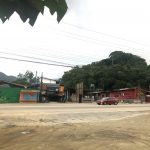
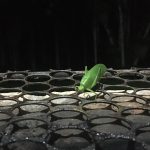
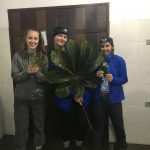
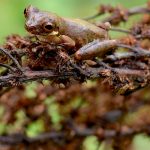
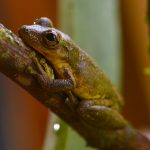
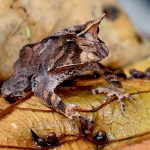
Leave a Reply